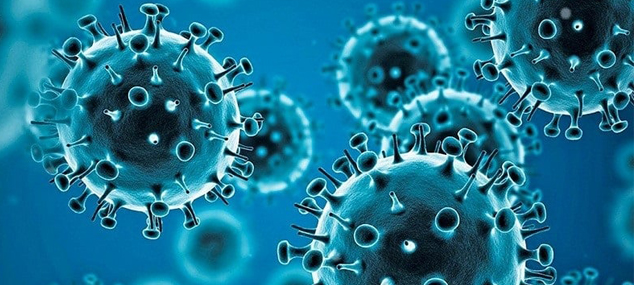
Residents and visitors to Northern NSW are being urged to take simple precautions to protect themselves and others from COVID-19 during the holiday period.
COVID-19 activity has increased and is at high levels across NSW. In Northern NSW Local Health District (NNSWLHD), influenza activity has also increased.
In the latest NSW Respiratory Surveillance Report, 298 COVID-19 cases were reported in Northern NSW in the fortnight ending 16 December 2023, compared with 216 for the fortnight prior.
Director of North Coast Population and Public Health, Dr Valerie Delpech said people should be on alert for cold or flu-like symptoms as the statistics represent only a small proportion of the actual number of people with COVID-19.
“We continue to encourage people to stay home if they are experiencing cold or flu symptoms and to stay up to date with their vaccinations as COVID-19 can be a very serious illness for some people,” Dr Delpech said.
“Our local data shows there were 34 people in hospital with COVID-19 across NNSWLHD as of 19 December, which indicates there are a significant number of COVID-19 cases present in the community at the moment.”
We want to remind the community of these simple measures to protect themselves and others:
- If you are experiencing cold or flu symptoms, you should stay at home until your acute symptoms have gone to protect others. If you need to go out, you should wear a mask.
- People with cold or flu symptoms should also avoid visiting high risk settings such as hospitals, aged and disability care facilities, or people who are at higher risk of severe illness.
- People should talk with their doctor if they are at a higher risk of severe illness from COVID-19 and other respiratory viruses. Their doctor may recommend a PCR test if they get sick and they may be eligible for antivirals.
The best way people at higher risk of severe illness from COVID-19, such as those aged 75 years and over and those who are younger with immunocompromise, can protect themselves, is to follow the COVID-19 vaccination advice from Australian Technical Advisory Group on Immunisation (ATAGI).
Everyone aged 65 years and over, and everyone aged 18 years and over at higher risk of severe illness from COVID-19 should have at least one COVID-19 vaccine dose in 2023. An additional booster dose should be considered if it has been more than six months since the last dose.
A booster is recommended for all people aged 75 years and over if it has been more than six months since their last dose.
A COVID-19 booster vaccination helps to protect against serious illness, hospitalisation and death from COVID-19. More detailed information about who is recommended to have an additional 2023 COVID-19 vaccine dose (booster) is available here.
More information on staying COVID-safe is available on the NSW Government website.